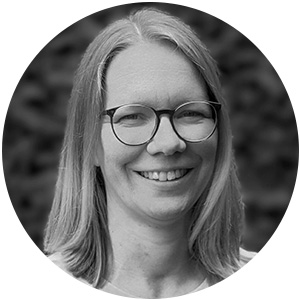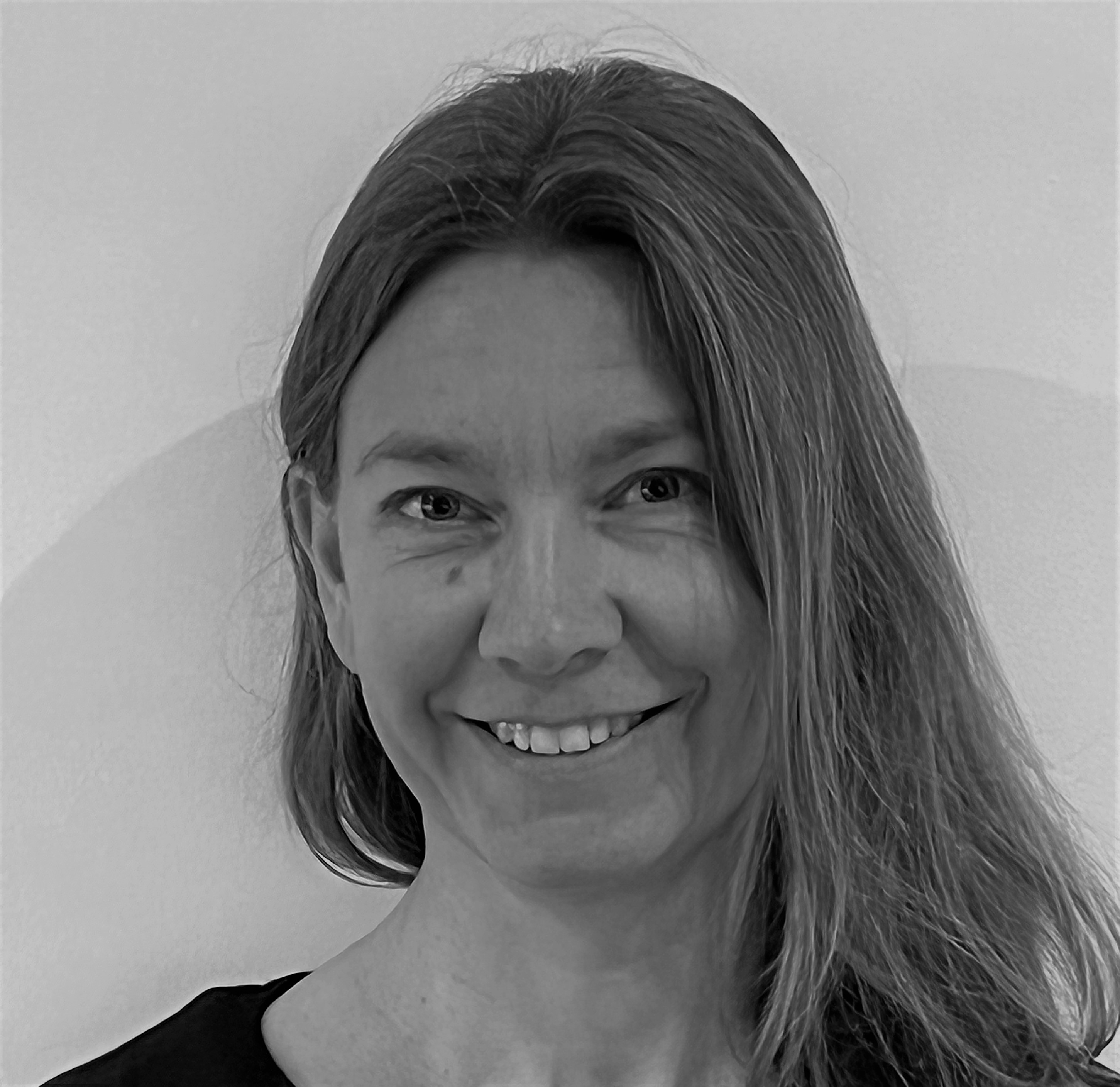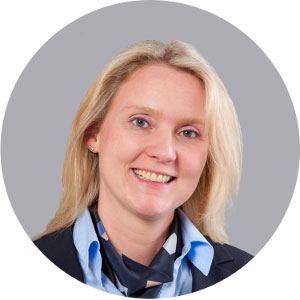The risk management and ecotoxicological assessment of PPPs, essential to produce compliant products, poses challenges across the entire pesticide industry. This Conference brings together representatives from regulatory and industry backgrounds, as well as political decision-makers to discuss the latest regulatory developments.
Plant Protection Products (PPPs) are strictly regulated within the European Union and in abroad countries. The ECOTOX Conference keeps track of scientific progress, risk assessment methods and any crucial novelties in the ERA of PPPs and offers those navigating the regualtory landscape a supportive platform.
The Conference will be taking place in Dusseldorf/Germany on 28 and 29 November 2024.
You can also follow all the exciting contributions via our live stream!
Please find all information on the virtual participation here.
Regulatory Update
Sustainability within the EU regulatory framework for Plant Protection
Methods & Modelling & Case Studies
Professionals working in the fields of:
Sectors that should take part:
Sectors that should take part:
Picture Credit: © hfox – Fotolia.com, © reluk – Fotolia.com
PLEASE NOTE: The indicated times refer to Central European Time CET.
For further time zones, please view here.
Peter Dohmen, Econ – Ecotoxicological Consulting, Germany
Jacoba Wassenberg, Board for the Authorisation of Plant Protection Products and Biocides (Ctgb), The Netherlands
Sofie Hofkens, European Commission, Belgium (virtual presentation)
Fernando Álvarez Alfageme, European Food Safety Authority (EFSA), Italy
Lorraine Maltby, The University of Sheffiled, United Kingdom
Anja Gladbach, Bayer CropScience, Germany
Milena Stephan, International Biocontrol Manufacturers Association (IBMA), Germany
Benjamin Schreiber, Austrian Agency for Health and Food Safety (AGES), Austria
Pierre-François Chaton, French Agency for Food, Environmental and Occupational Health & Safety (ANSES), France
Anne Alix, Corteva, United Kingdom
Annegaaike Leopold, Calidris environment, The Netherlands
PLEASE NOTE: The indicated times refer to Central European Time CET.
For further time zones, please view here.
Peter Dohmen, Independent Consultant, Germany
Jacoba Wassenberg, Board for the Authorisation of Board for the Authorisation of Plant
Jonas Schartner, Federal Office of Consumer Protection and Food Safety (BVL), Germany
Sian Ellis, Crop Life Europe/Corteva, United Kingdom
Manuel Eloy Ortiz-Santaliestra, University of Castilla-La Mancha, Spain
Andreas Focks, University of Osnabrück, Germany
Judith Neuwöhner, Nufarm Europe, Germany
Christopher Faßbender, PETA Science Consortium International, Germany
Name
Unternehmen

Anne Alix
Corteva Agriscience, UK
Anne Alix joined Dow AgroSciences, now Corteva Agriscience, in 2011, as distinguished laureate in Policy and Risk Management for Europe, Middle East and Africa, where she advises on Sustainability policies and precision applications. She has been working in the area of plant protection products risk assessment for 23 years. After a PhD in Integrated Pest Management (IPM) at the University of Rennes, Anne joined the French National Institute for Research in Agronomy (INRA) as an ecotoxicologist in the scientific unit for the risk assessment of crop protection products. Anne was nominated head of the Environment and Ecotoxicology risk assessment unit at the French Agency on the safety of Food (AFSSA, now ANSES), where she initiated scientific collaborations with the pesticide unit of EFSA. Anne then joined the French Ministry of Agriculture as the deputy head of the Section for Regulation of Plant Protection Products and fertilizers, in charge of the implementation of risk mitigation measures for pesticides and of post registration monitoring.
mehrweniger
Fernando Alvarez Alfageme
European Food Safety Authority (EFSA), Italy
Fernando Alvarez Alfageme is a biologist with 20 years of professional experience. During his PhD in the Centre of Biological Research (Spain) and his post-doctoral stays at Ghent University (Belgium) and Agroscope-Reckenholz institute (Switzerland), his work focused on the assessment of potential negative effects of genetically modified (GM) plants on non-target arthropods. After a short experience in a contract lab, Fernando joined the European Food Safety Authority in 2014 as a scientific officer, first dealing with the pre- and post-market environmental risk assessment of GM plants and, since 2020, in the ecotoxicology team of the Environment, Plants & Ecotoxicology unit, mainly involved in the peer-review of plant protection products.
mehrweniger
Pierre-François Chaton
French Agency for Food, Environmental and Occupational Health & Safety (ANSES), France
Pierre-François Chaton is Deputy Head of the Ecotoxicology and Environmental Fate Unit and a Senior Risk Assessor in ecotoxicology at the French Agency for Food, Environmental and Occupational Health and Safety (ANSES). He has more than 18 years of experience in regulatory risk assessment of plant protection products, including method development.
mehrweniger
Peter Dohmen
Econ - Ecotoxicological Consulting, Germany
Peter Dohmen is an independent consultant at Econ-Ecotoxicological Consulting. He has previously held a position as Senior Ecotoxicologist at the Agricultural Research Centre of BASF in Limburgerhof/Germany. Having occupied this position for several decades, he brings along profound knowledge and experience in the ecotoxicology field.
mehrweniger
Sian Ellis
Crop Life Europe/Corteva, United Kongdom
Siân Ellis is currently the lead for Biologicals Environmental Risk Assessment at Corteva. Her role is to facilitate the registration of biological products globally and is involved in the development and advocacy of sustainable, low risk crop protection solutions. She has an ecotoxicological background, with over 15 years’ experience with agrochemicals and REACh.
mehrwenigerChristopher Faßbender
PETA Science Consortium International, Germany
Christopher Faßbender is a biologist and ecotoxicologist with a PhD from Heidelberg University. Since 2014, he has advised PETA Science Consortium International e.V. on the use of reliable and relevant non-animal methods in the protection of the environment. Dr. Faßbender co-leads two projects on the OECD Test Guidelines Programme: one regarding the prediction of acute fish toxicity using integrated approaches to testing and assessment and another focusing on reducing the number of controls in fish testing if solvents are used. He is a member of several international expert groups and committees on ecotoxicology, including the OECD’s Validation Management Group for Ecotoxicity Testing, the European Partnership for Alternative Approaches to Animal Testing Environmental Safety Assessment work groups for acute and chronic fish toxicity, the European Commission working group Environmental Safety Assessment, and the International Collaboration on Cosmetics Safety Core Science Team and Delivery Team Environmental Effects.
mehrweniger
Andreas Focks
University of Osnabrück
Andreas Focks has been a full Professor for Environmental Systems Modelling at University of Osnabrück since 2021. An environmental modeller by training, Andreas worked at Wageningen Environmental Research, as a part of Wageningen University and Research in the Netherlands from 2011-2021 His work focusses on mechanistic modelling of effects of chemical and other stressors on the biotic environment, at levels of individuals, populations and communities. Since May 2023 he has been a member of the ESFA working group on \"Effect Models in ERA\", and from July 2020-April 2024 he was a member of the EFSA PPR panel.
mehrweniger
Anja Gladbach
Bayer CropScience, Germany
Anja Gladbach is currently the Lead of the Aquatic Ecotoxicology Hub, Environmental Safety at Bayer Crop Science. She has previously held several other positions at Bayer, such as Team Lead Aquatic Organisms and Environmental Safety Manager. Previously Anja worked for Tier 3 Solutions and spent several years conducting research at Max-Planck-Institute of Ornithology and Ludwig-Maximillians-Universität München, where she gained her PhD.
mehrweniger
Sofie Hofkens
European Commission, Belgium
Sofie Hofkens works as Policy Officer at the European Commission (DG SANTE) in Unit E4 on Pesticides and Biocides. She mainly deals with approvals of active substances, in particular on topics around bees and basic substances. Previously, she worked at EFSA as an Ecotoxicologist in the Pesticides Peer Review.
mehrweniger
Annegaaike Leopold
Calidris Environment, The Netherlands
Annegaaike Leopold is a biologist by training, with 35+ years of experience in applied ecotoxicology and chemicals management. She has focused in the past, primarily on endocrine disruptor testing and evaluation, in birds, fish and amphibians. In her work as Director Corporate Development at Ibacon GmbH (a contract research organisation) she focused on preparing the company for the new test and safety assessment methodologies that will emerge from the implementation of the European Green Deal. As the representative of SETAC Europe (the Society for Environmental Toxicology and Chemistry) at the European Commission’s High Level Round Table for the Implementation of the Chemicals Strategy for Sustainability, Annegaaike is working with an inspired and talented team of SETAC members, in collaboration with the EC to contribute to addressing the scientific gaps in the Safe and Sustainable by Design chemicals concept as effectively as possible. She also studies, with students and colleagues at the University of British Columbia, how science can best inform policy in areas of controversy.
mehrweniger
Lorraine Maltby
The University of Sheffield, United Kingdom
Lorraine Maltby is a Professor of Environmental Biology at the University of Sheffield and has over 30 years of research experience in aquatic ecology and ecotoxicology. Having served on several UK and European advisory committees/expert groups she is currently a Member of the ECETOC Scientific Committee and the UNEP Scientific Expert Group on Chemicals and the Environment.
mehrweniger
Judith Neuwöhner
Nufarm Europe, Germany
Judith Neuwöhner joined Nufarm Europe in 2019 and is currently working as Regulatory Scientist, Ecotoxicology. Previously, Judith worked at Rifcon and completed her PhD at Eawag, Swiss Federal Institute of Aquatic Science and Technology and ETH Zürich, Switzerland. She has a broad ecotoxicological background, with over 15 years of experience.
mehrweniger
Manuel Eloy Ortiz-Santaliestra
University of Castilla-La Mancha, Spain
Manuel Eloy Ortiz-Santaliestra is Associate Professor at the University of Castilla-La Mancha and Deputy Director of the Institute for Game and Wildlife Research (IREC), where he leads the Wildlife Toxicology group. He earned his PhD in Biology at the University of Salamanca, and subsequently worked at the Universities of Wisconsin-Madison, Aveiro and Koblenz-Landau. His work focuses on wildlife ecotoxicology from an integrative perspective. He was engaged as member of the EFSA working group that elaborated the Scientific Opinion on amphibians and reptiles and has recently led the COST Action PERIAMAR on pesticide risk assessment for these fauna groups. He coordinates the EFSA-funded project AMPHIDEB, on the development of biologically based models to assess the impact of chemicals and pathogens on amphibians and reptiles and leads a work package within the Horizon Europe-funded project SYBERAC.
mehrweniger
Jonas Schartner
European Precision Application Task Force (EUPAF), Federal Office of Consumer Protection and Food Safety (BVL), Germany
Jonas Schartner has been working in the department for Plant Protection Products (PPP) at the German Federal Office of Consumer Protection and Food Safety (BVL) since 2017. He has been head of the unit environment for fungicides and insecticides in the BVL since 2024, having previously led a subunit on the same topic. After studying Chemistry and Biology at the Ruhr-University Bochum he went to the Pennsylvania State University (USA) in 2011 for his Master thesis in plant biochemistry. In 2015 he received his PhD in Biophysics (surface chemistry and protein analysis) at the Ruhr-University Bochum.
mehrweniger
Benjamin Schreiber
Austrian Agency for Health and Food Safety (AGES), Austria
Benjamin Schreiber is a Senior Expert in the field of ecotoxicology at the Austrian Agency of Health and Food Safety (AGES), where he is responsible for the evaluation and assessment of plant protection products. His special area of expertise is aquatic ecotoxicology.
mehrwenigerMilena Stephan
knoell, Germany
Milena Stephan is te Team Lead Regulatory Affairs Biocontrol at Knoell Germany. She has previously worked as Regulatory Affairs Manager at SCC and holds a PhD un biophysical Chemistry from Georg August Universität Göttingen.
mehrweniger
Jacoba Wassenberg
Board for the Authorisation of Plant Protection Products and Biocides (Ctgb), The Netherlands
Jacoba Wassenberg is an environmental risk assessor at the dutch Ctgb, specialized in assessing the ecotoxicological risk of plant protection products to bees, birds and mammals.
mehrwenigerWir haben für Sie im Veranstaltungshotel bis 4 Wochen vor Veranstaltungsbeginn ein begrenztes Zimmerkontingent reserviert. Bitte buchen Sie direkt beim Hotel und nennen Sie das Stichwort „Akademie Fresenius“.
Teilnahmepreis: € 1.995,00 zzgl. MwSt.
Im Teilnahmepreis sind folgende Leistungen enthalten:
Vertreter:innen einer Behörde oder einer öffentlichen Hochschule erhalten einen ermäßigten Teilnahmepreis von € 895,00 zzgl. MwSt. (Nachweis per Fax oder E-Mail erforderlich). Der Sonderpreis ist nicht mit anderen Rabatten kombinierbar.
Gruppenrabatt
Bei gemeinsamer Anmeldung aus einem Unternehmen erhalten die dritte und jede weitere Person 15 % Rabatt.
Buchen ohne Risiko
Eine kostenfreie Stornierung oder Umbuchung ist bis vier Wochen vor Veranstaltungsbeginn schriftlich möglich. Nach diesem Zeitpunkt und bis zu einer Woche vor Veranstaltungsbeginn erstatten wir Ihnen 50 % der Teilnahmegebühren. Bei späteren Stornierungen oder Nicht-Erscheinen können keine Teilnahmegebühren erstattet werden. Sie erhalten jedoch in diesem Fall von uns nach der Veranstaltung die Veranstaltungsdokumentation. Eine Ersatzperson können Sie jederzeit kostenfrei benennen.

Anne Möller
Inhalt und Konzeption
+49 231 75896-84
amoeller@akademie-fresenius.de

Anne Möller
Inhalt und Konzeption
+49 231 75896-84
amoeller@akademie-fresenius.de

Anne Möller
Inhalt und Konzeption
+49 231 75896-84
amoeller@akademie-fresenius.de

Jennifer Zerth
Organisation und Teilnehmermanagement
+49 231 75896-79
jzerth@akademie-fresenius.de

Jennifer Zerth
Organisation und Teilnehmermanagement
+49 231 75896-79
jzerth@akademie-fresenius.de
Präsentieren Sie Ihr Unternehmen auf unserer Veranstaltung.
Persönlich und zielgruppengenau stellen Sie Ihre Produkte und Dienstleistungen vor. Gerne informieren wir Sie unverbindlich über die verschiedenen Möglichkeiten – von der Auslage von Produktinformationen bis hin zum Ausstellungsstand.
Gerne beraten wir Sie persönlich:

Monika Stratmann
Telefon: +49 231 75896-48
info@akademie-fresenius.de
Wir bieten Journalist:innen und Redakteur:innen eine Plattform, um in Kontakt mit Expert:innen zu treten.
Wenn Sie als Redakteur:in der Fachpresse Interesse an einem Pressepass oder einer Medienpartnerschaft haben, kontaktieren Sie uns bitte frühzeitig. Wir beraten Sie gerne.
Sprechen Sie uns an:

Katharina Geraridis
Telefon: +49 231 75896-67
presse@akademie-fresenius.de
© Die Akademie Fresenius GmbH